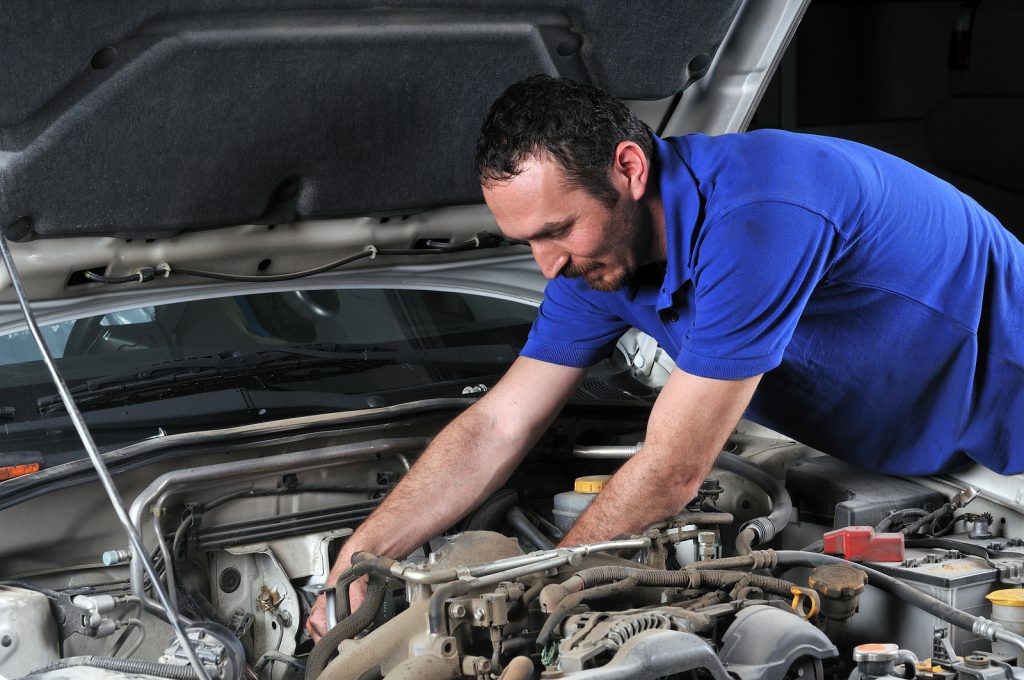You can’t drive if your car doesn’t have any gas, but that doesn’t mean that stopping to fill up doesn’t hurt. The fact that the cost of gas is in a constant state of flux makes it difficult to work the expense into your weekly budget.
While you’re wrestling with how much money you should set aside each week to cover your vehicle’s fuel bill, you should also take the steps needed to boost your overall gas mileage in city driving conditions.
Are your Tires Fully Inflated?
While you’re waiting for your gas tank to fill up, dig out your pressure gauge. Once you’re done pumping gas, take a few minutes to see if your tires are fully inflated. Based on the fact that approximately 60% of all the vehicles on the road are running on tires that have 30% less air than they should, it’s likely that yours could use some air.
Becoming diligent about keeping your tires fully inflated will add up to some big savings. Fully inflated tires will improve your overall fuel efficiency by 7%. You’ll also find that keeping them inflated will also extend their life.
How Old are Your Spark Plugs?
Spark plugs that have 130,000 miles of use are usually 80% worn. Not only does this mean it won’t be long before you start having trouble with your car, but it also means it’s not burning fuel efficiently. Replacing the plugs means your engine will run more smoothly and you’ll notice you get to go just a little further with each tank of gas.
Is Your Car Experiencing Brake Drag?
If it’s been a while since you’ve had any brake work done, there’s a possibility that you’re car is experiencing brake drag which greatly reduces fuel efficiency. Brake drag occurs when your vehicle’s brake calipers rust and bind up. This is something that’s easily checked and corrected by a certified mechanic.
How Old are Your Oxygen Sensors?
Your car is equipped with oxygen sensors. They monitor the amount of oxygen that’s in your exhaust and help your car’s regular combustion levels. The problem is that as time passes, they break down and take a toll on your fuel efficiency. Bad oxygen sensors can reduce your MPGs by as much as 15%. If your vehicle was made after 1996, you should get them checked out and possibly replaced every 160,000 miles.
The sooner you check out these simple things, the sooner you’ll feel less pain at the gas pump.
Contact us if you suspect your car could use some mechanical work that will lead to better fuel efficiency. In addition to helping fix these simple issues, we’ll also look for additional problems that could be dragging your car’s fuel efficiency down.

